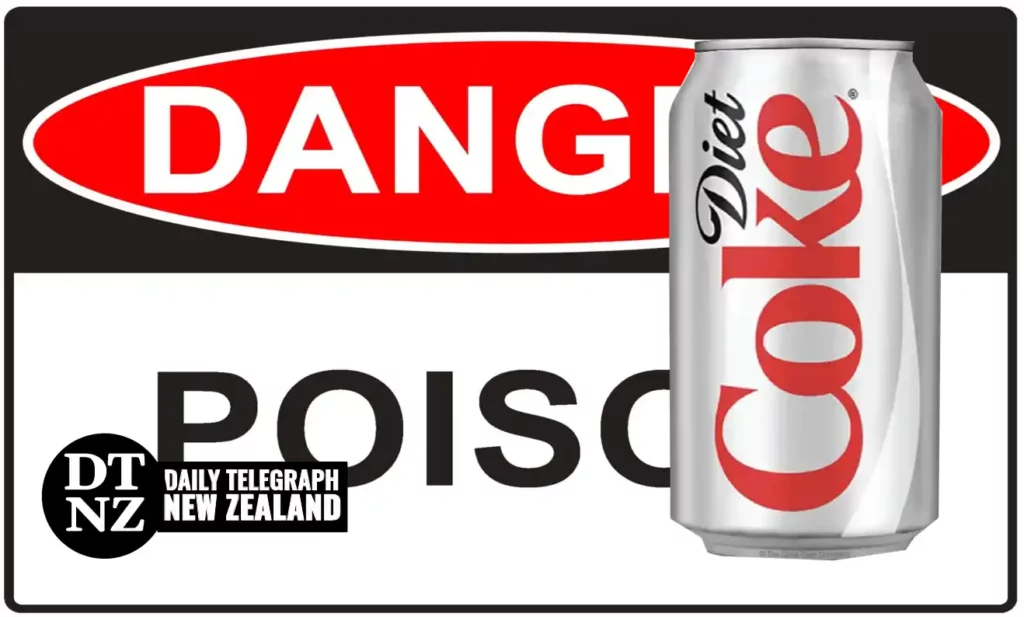
Despite being a potential carcinogen, aspartame is still safe to consume in small doses, the World Health Organization concluded.
The World Health Organization (WHO) has classified aspartame as “possibly carcinogenic to humans,” but ruled that small amounts are safe for consumption. A chemical sweetener most commonly found in diet sodas, aspartame has been linked to a litany of health problems.
In a report published on Friday, the International Agency for Research on Cancer (IARC) found “limited evidence” linking aspartame with hepatocellular carcinoma, a form of liver cancer. The IARC, a WHO body, came to its conclusion after examining three large-scale human studies in the US and Europe.
Based on these findings, the WHO listed aspartame as a Group 2B substance, its third-highest of four levels for potentially carcinogenic ingredients.
However, the organization stopped short of changing its existing guidelines for daily intake, recommending that people consume less than 40mg of aspartame per kilogram of body weight per day. With a can of diet soda typically containing 200mg to 300mg of aspartame, an adult weighing 70kg would need to drink between nine and 14 cans per day to exceed this limit.
“The assessments of aspartame have indicated that, while safety is not a major concern at the doses which are commonly used, potential effects have been described that need to be investigated by more and better studies,” Dr. Francesco Branca, director of the WHO’s Department of Nutrition and Food Safety, said in a statement.
Aspartame is found in a wide range of products such as diet sodas, chewing gum, candy, low-calorie yogurt, and breakfast cereal. It is also sold as a sweetener under the brand names NutraSweet, Candarel and Equal.
Aspartame was approved for use as a sweetener in the US in 1974, and Coca-Cola began adding it to Diet Coke in the 1980s. EU approval followed in 1994, but multiple studies have since linked the substance with a host of health problems, including liver and lung cancer, brain damage, dementia, and seizures. However, regulators on both sides of the Atlantic have consistently failed to find enough evidence to adjust their consumption guidelines.
The WHO and IARC will “continue to monitor new evidence and encourage independent research groups to develop further studies on the potential association between aspartame exposure and consumer health effects,” the WHO’s report concluded.

i translated a big ( very confidential) file on chemical sweeteners in the 1980 for the sugar industrie. They all are carcinogenic and bad for your health, one way or another, this has been known quite a long time Governments know it.
That is why i gave my children only water or milk to drink. And cooked everything from scrap.
Those sweteners are everywhere in processed food.
Don t give your kids sodas or fruit juices . Plain water is the best for them and for YOU
China’s Revolting Spit Oil and Gutter Oil and Why it Will Never go Away
https://www.youtube.com/watch?v=Gu6yJyi97ZI
Bon Appétit
Just shows you how brain dead who are I have known that for 50 years.